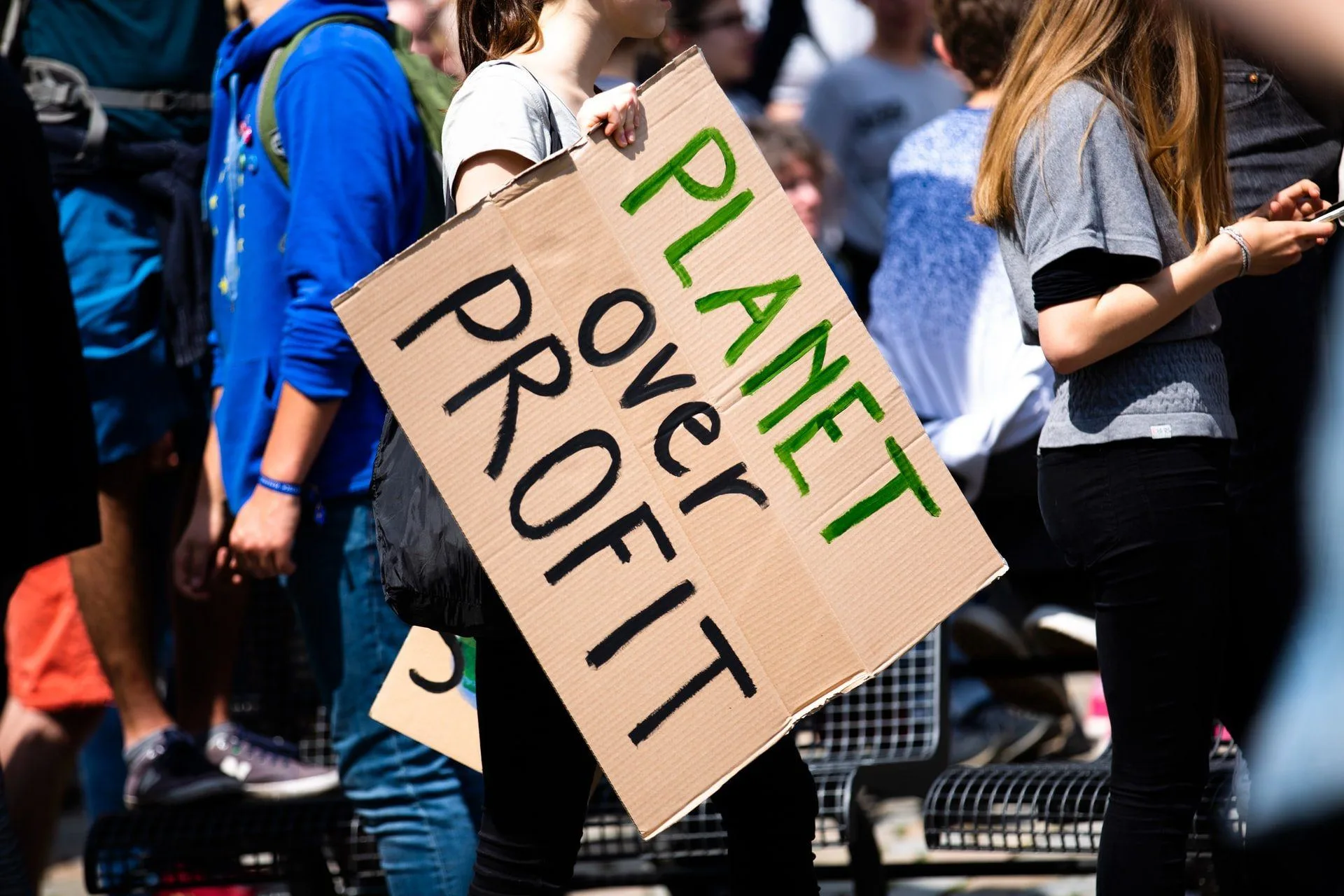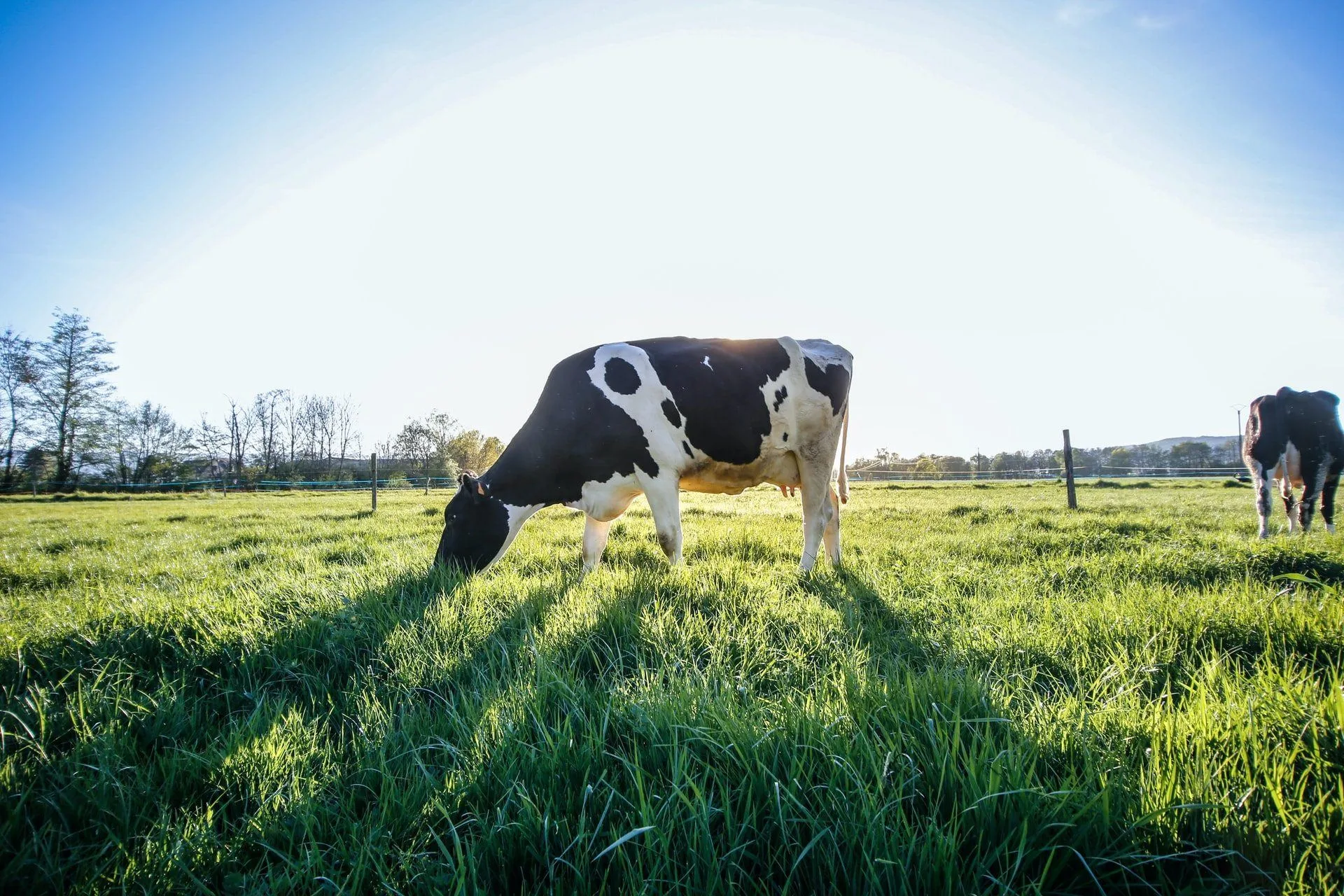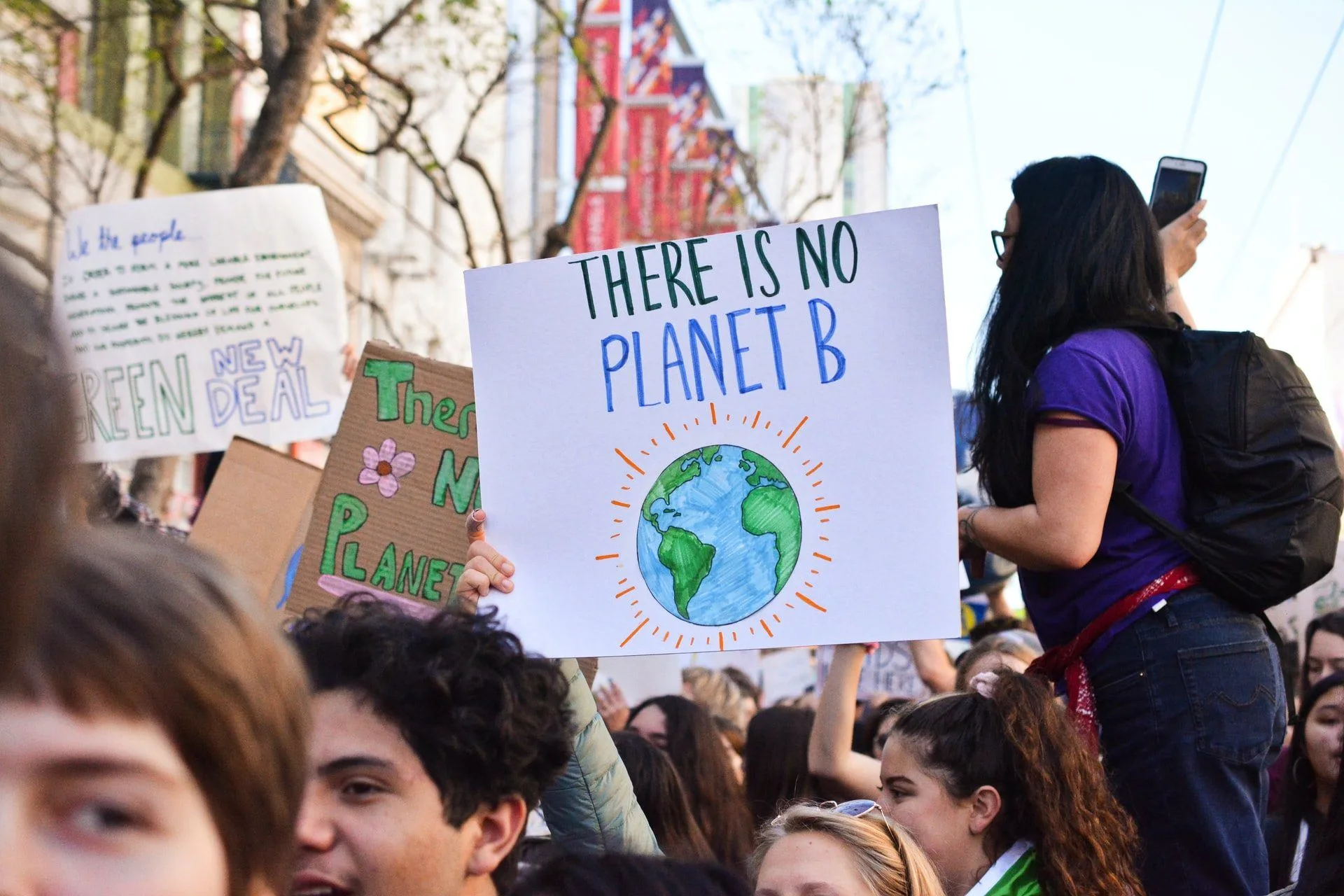The state of our climate can be particularly overwhelming. What with melting ice-caps, wildfires and the U.N. declaring that we’re in the endgame when it comes to climate change, it’s easy to get anxious about the planet’s rising temperatures. As such, it’s no wonder that so many people are battling climate anxiety.
What Is Climate Anxiety?
Climate anxiety can be described as anxiety that’s triggered by the climate crisis and the fear of environmental or ecological disasters. Similar to normal anxiety, symptoms of climate anxiety include panic attacks, insomnia, as well as obsessive thinking, and doom-scrolling.
What has research found?

Photo by Matt Palmer on Unsplash
- A report from Imperial College London’s Institute of Global Health Innovation found a link between higher temperatures and depressive language as well as higher suicide rates.
- Last year, the American Psychiatric Association found that 55% of respondents were concerned about the effects of climate change on their own mental health.
.
- A report conducted by the Yale Program on Climate Change Communication and the George Mason University Center for Climate Change Communication found that about 40% of Americans feel “disgusted” or “helpless” about climate change.
- A survey on Gen-Z Americans revealed that 83% are concerned about the health of the planet
- A new study, which is said to be the largest ever to focus on climate anxiety among young people, found that 45% of the 10 000 young people surveyed were experiencing anxiety and distress over the climate crisis. The study, which is currently being peer-reviewed in The Lancet Planetary Health journal, also found that:
- 83% agreed that people have failed to care for the planet
- 75% said that the future is frightening
- 65% believe that governments are failing young people
- 31% says that governments can be trusted
- Nearly 60% said they felt very worried or extremely worried.
- More than 45% revealed that climate anxiety affected their daily lives.
- 56% said that they think humanity is doomed.
- Two-thirds reported feeling sad, afraid, and anxious.
- Three-quarters of them said they thought the future was frightening.
“The realities of climate change alongside governmental failures to act are chronic, long term and potentially inescapable stressors; conditions in which mental health problems will worsen.” – authors of the study.
How to cope with anxious climate woes
Remember that your feelings are valid
Anxiety is a rational response to stress and worry so you shouldn’t shy away from what you’re feeling and you certainly shouldn’t ignore it.
Ignoring your feelings isn’t going to make them go away so by embracing them, you’re preparing yourself for the next step which involves addressing the issue at hand.
Talk about it
When it comes to caring for your mental health, communication is one of the best tools out there. By reaching out to your friends, family and peers, you’ll alleviate any possible feelings of loneliness and you might even gain some new insight.

Photo by Markus Spiske on Unsplash
Spend some time in nature
According to a study published in Scientific Reports, spending at least 120 minutes a week in nature is associated with good health and wellbeing.
If you’re suffering from climate anxiety, spending some time outside is a great way to change your perspective on things. It can remind you that you can still make a difference. This then brings us to our next and most important point.
Action over anxiety
It’s easy to feel powerless in the face of climate change. However, sometimes the best way to tackle your climate anxiety is through action.
Whether it’s adopting a plant-based diet, only doing thrift shopping, or becoming more energy efficient, the smallest change can make a difference.

Photo by Flash Dantz on Unsplash
Want to know more?
Ahead of the highly anticipated and upcoming United Nations climate summit (COP 26) in Glasgow, Scotland, U.S. President Joe Biden has called on countries around the world to cut down on methane emissions.





![women [longevity live]](https://longevitylive.com/wp-content/uploads/2020/01/photo-of-women-walking-down-the-street-1116984-100x100.jpg)










